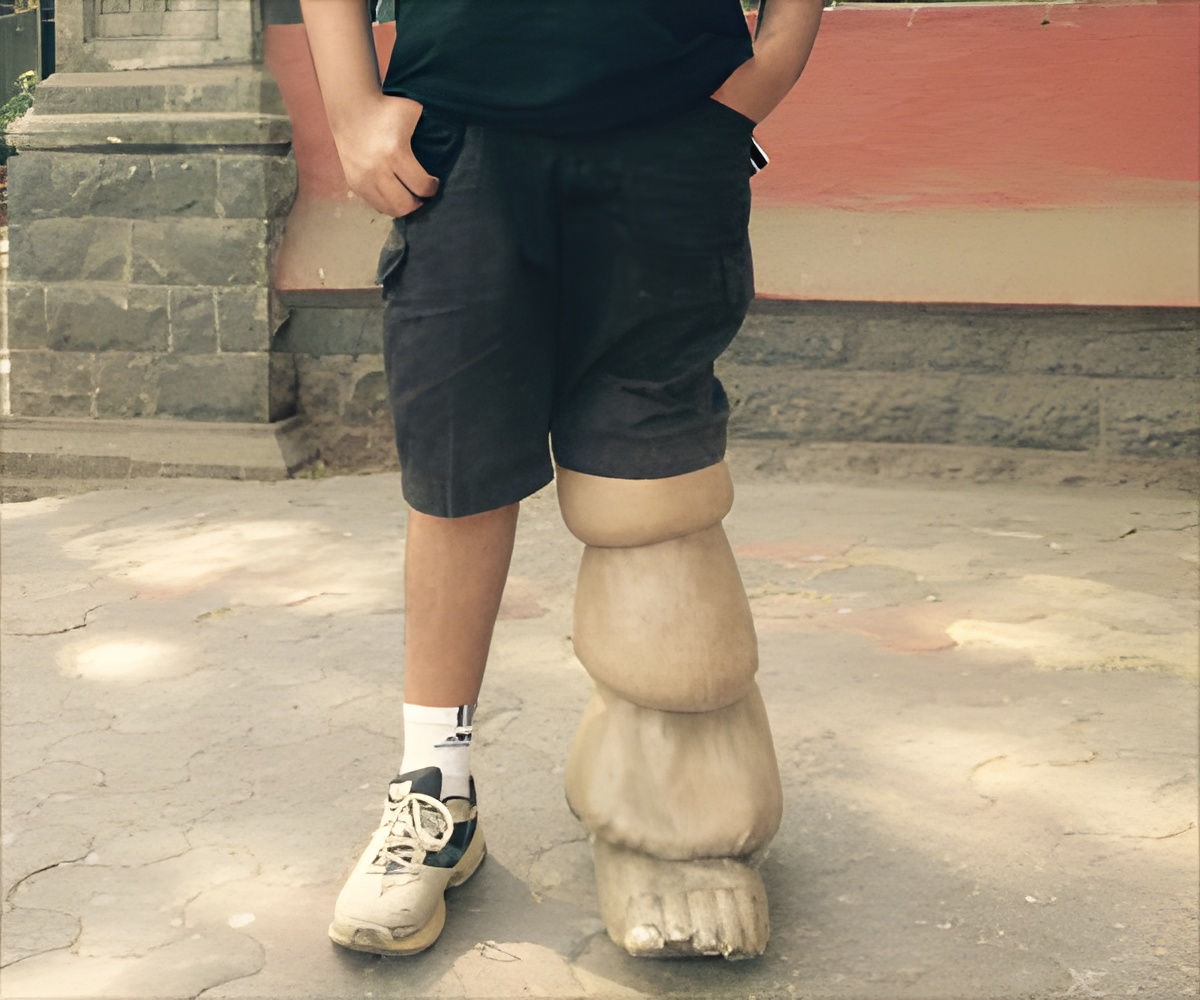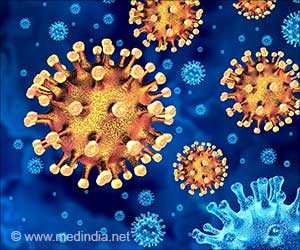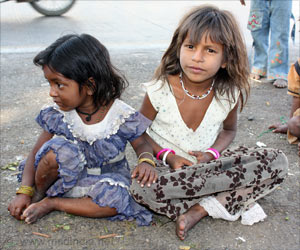One of the 40,000 participants in the Mumbai marathon created a vibe among the crowds as he was with a prosthetic inflated foot.

Anirudh More, Copywriter at Ogilvy & Mather, Mumbai, participated in the marathon to draw attention to a new campaign launched by the Ministry of Health and Family Welfare (MOHFW).
The campaign aims to provide more than 400 million people nearly half of India’s population with free medicine that could protect them from lymphatic filariasis, also known as elephantiasis or filaria. This mass drug administration is one of the largest public health campaigns in India’s history.
Volunteers asked the crowd to help More finish the race by tweeting and posting on Facebook. With every tweet and post on Facebook with the hashtag, his leg swelling subsided, making it easier for him to run.
"I was inspired to do this small personal project after watching an ad film aimed at raising awareness of elephantiasis and just how simple it is to prevent it,” said Golatkar.
He added, “I thought maybe the upcoming Mumbai Marathon would be the perfect opportunity. Running, or even walking, is a serious challenge for people with elephantiasis, and what better stage to highlight that than a marathon. We had planned BhaagHathipaon for only the Mumbai Marathon, but the response has been so overwhelming that we have decided to repeat it on a bigger scale for upcoming marathons. Several people have already reached out to volunteer as Hathipaon Runners.”
Advertisement
People with elephantiasis experience immense pain and difficulty in walking. Once the disease manifests, there is no efficient cure; however, there is an extremely simple way to prevent it, taking a single dose of free medication once a year.
This creative campaign and promotional plan supports the government’s massive effort to deliver preventive medicine to high-risk communities within 17 states, including Uttar Pradesh, Jharkhand, Bihar and West Bengal in particular that comprise nearly two-thirds of the lymphatic filariasis burden in India.
Source-Medindia









